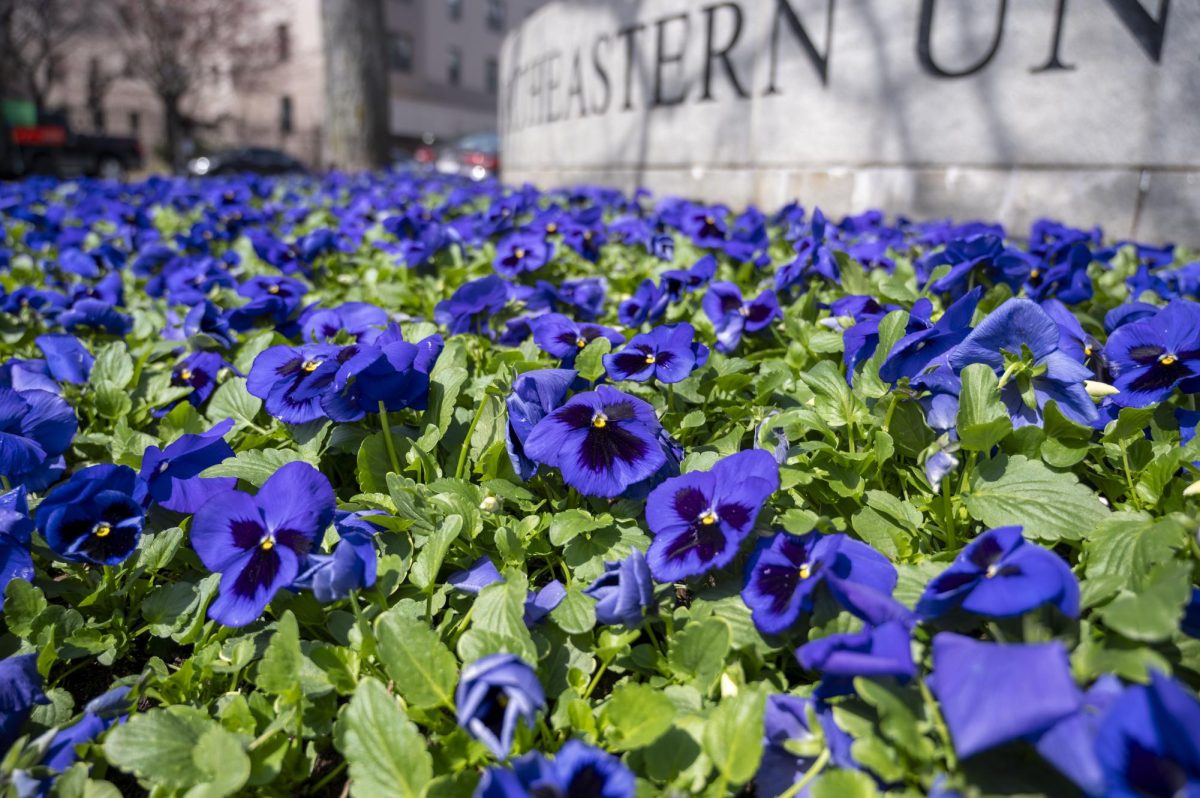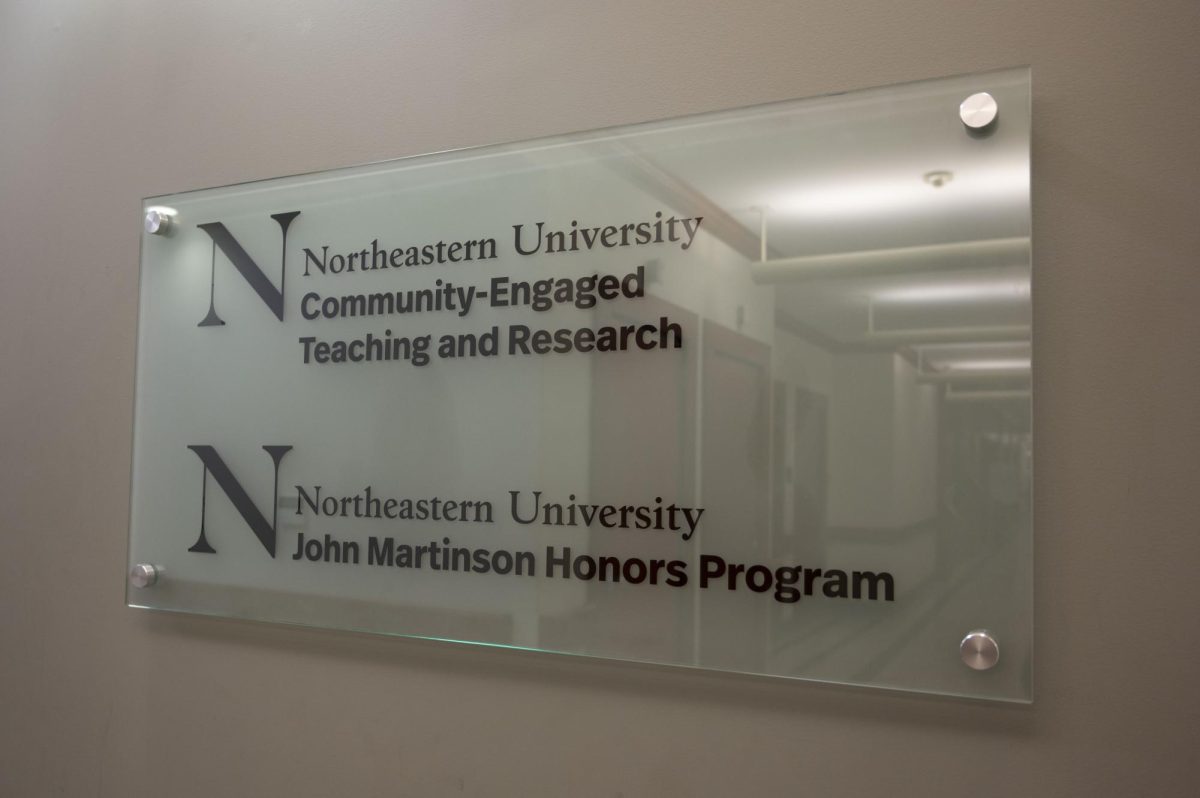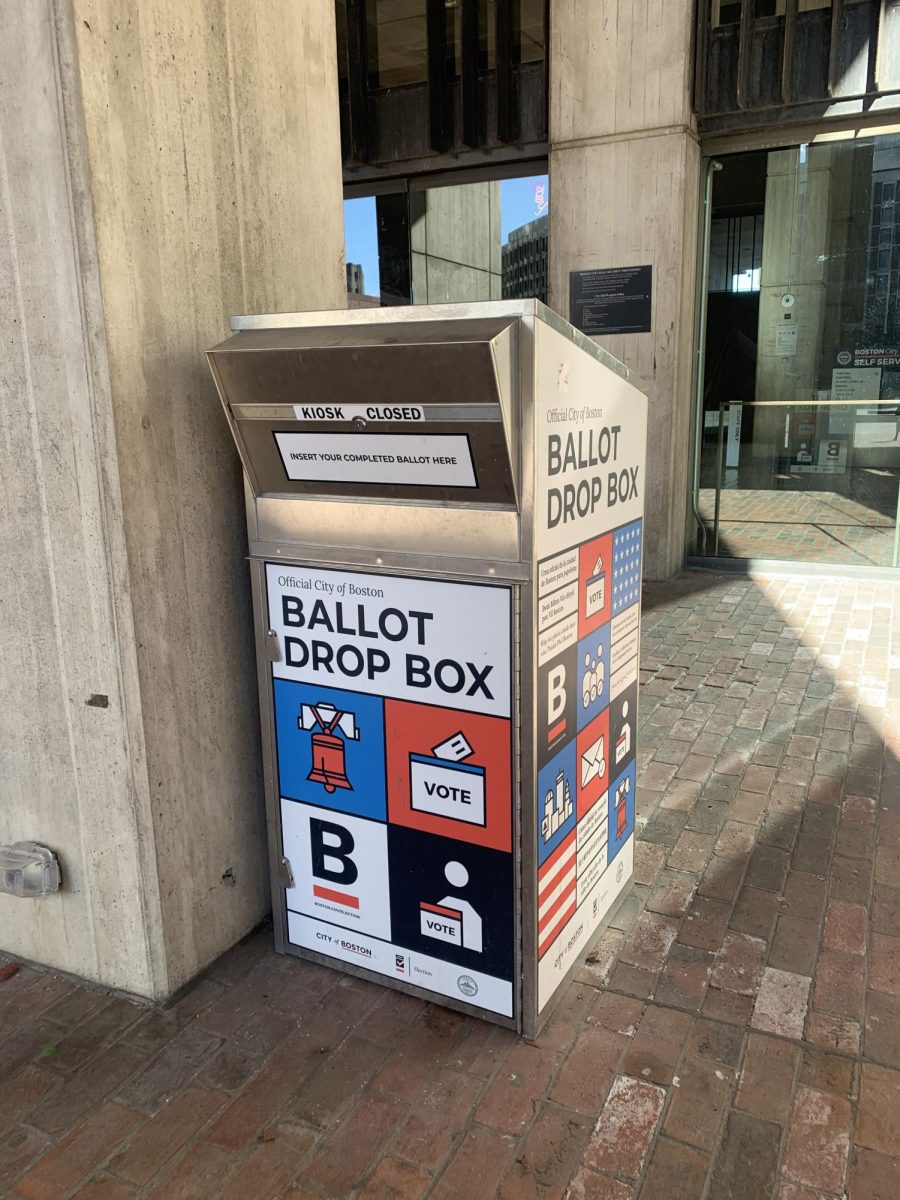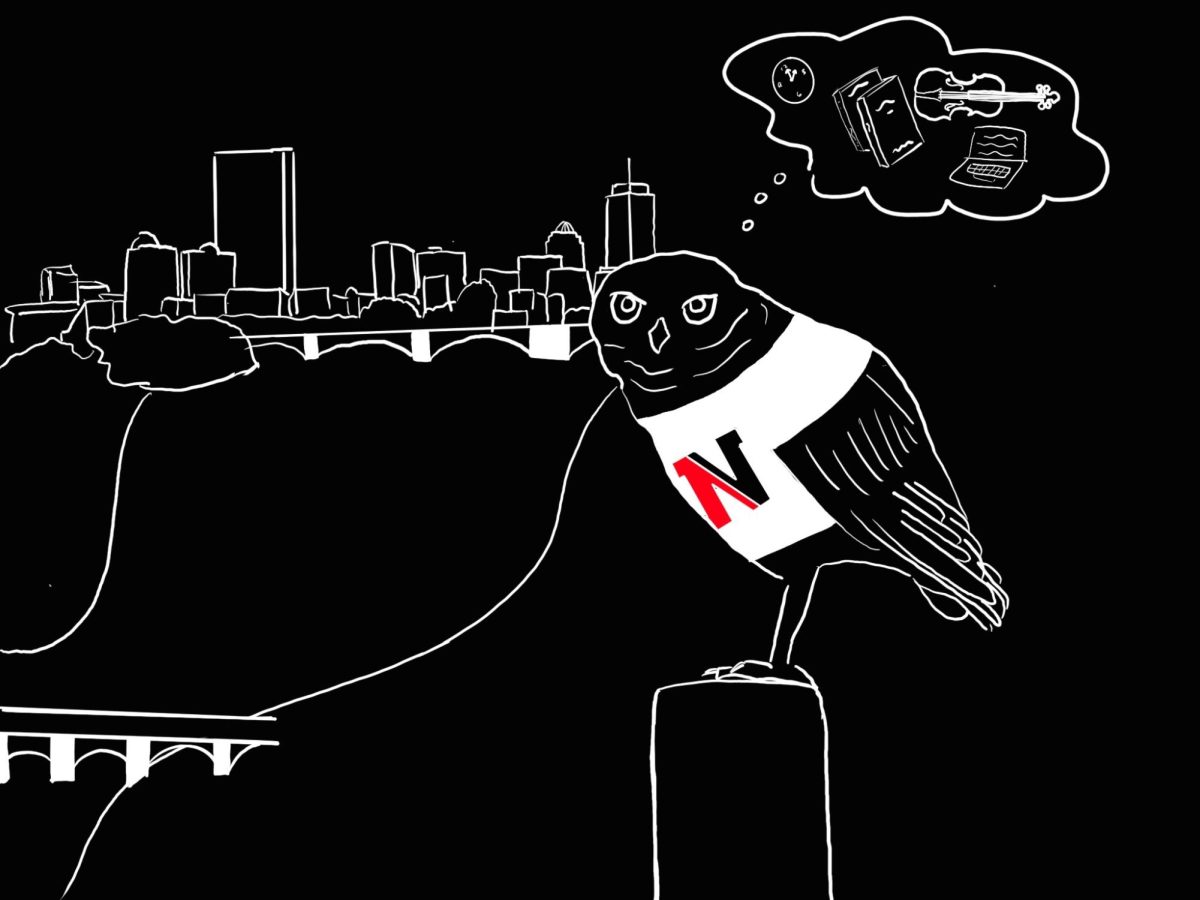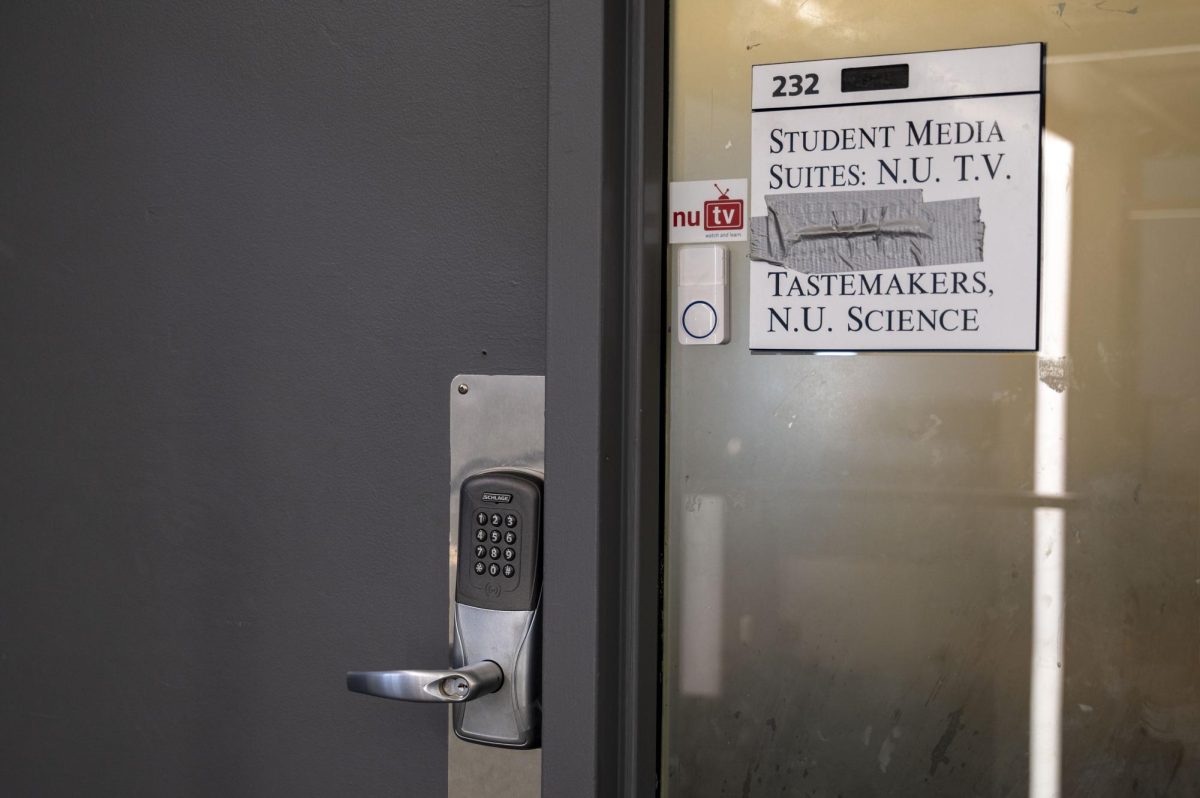In the last part of 2013, Northeastern’s adjunct professors began a push to unionize, citing low pay and lack of job security and benefits among other grievances. The part-time faculty’s complaints are valid, but their effort to join Service Employees International Union (SEIU) could ultimately prove detrimental to the university and its students. If and when this happens, however, the blame should fall on the administration for pushing the adjuncts to this point. Northeastern’s leadership would be wise to make a concerted effort to meet the adjuncts’ reasonable demands so as to avoid unionization.
Chief among their grievances is their pay. According to an October report by the News, adjunct professors are paid an average of $2,100 a course, which means it is highly likely that many professors teaching five classes a semester make less than some of their students do on a semester of co-op. But even more disconcerting is the lack of job security, something the university can abate with little extra cost. Adjunct faculty members previously griped to the News that they often have classes canceled at the last minute and they sign contracts on a one-semester basis. Although it is certainly within reason for departments at Northeastern to expect control over adjunct professors’ schedules, some small sacrifices should be afforded for the greater benefit of the university.
Unionization aside, accepted logic dictates that a happy workforce is a more productive workforce. As recent reports indicate, there is room for morale improvement among part-time instructors. The News got a look into a poor excuse for an “office” shared by 20 adjunct professors in the business school. William Shimer, one of the part-time instructors leading the push for unionization, told the New York Times in December he and his wife – also a Northeastern adjunct – have to use their car as an office. “Then one day, our office got towed,” he told the Times.
With anecdotes like this, it is not difficult to see how Northeastern’s treatment of adjunct professors can hurt the quality of instruction. Even so, a recent study from the National Bureau of Economic Research found that adjunct professors are actually better instructors than their tenure-track counterparts. University policy should aim to create conditions in which part-time professors flourish, not ones in which they languish.
But while unionization may be the answer to the instructors’ problems, it is not in the best interests of the university. Overall, unions are and have undoubtedly been a boon to American society. Historically their efforts brought about the 40-hour work week, helped build a solid American middle class, and saved countless lives by ensuring everyone today has a right to a safe workplace. What is in the interest of the union, however, is not always in the interest of the employer. If that were the case there would be no need for unions in the first place.
In the private sector, that often just means less money to the owners or investors. Since Northeastern is a non-profit institution however, the money must come from somewhere else. Either the students will make up the difference in the form of higher tuition or less financial aid, or the quality of education or research (which in turn affects education) will take a hit. The argument will likely be made that certain administrators could do without their bloated salaries, but it must be recognized that these salaries are based on merit and to deny them and lose high-quality leadership would also be detrimental to the school.
While unionization is not ideal, it is also not acceptable for Northeastern to continue to treat its employees as it has. Instead of engaging in “union busting,” as Progressive Student Alliance President Tara Blumstein characterized the administration’s role in the debate in October, Northeastern’s leadership should take a more pragmatic role. As it is, Northeastern could move to create more acceptable conditions for its adjunct faculty and push to ensure they can enjoy a stable livelihood while still maintaining the flexibility over spending, which it would not have with a unionized adjunct faculty. But if the administration is unwilling to treat its instructors better, the instructors will unionize – and they would not be wrong in doing so.







